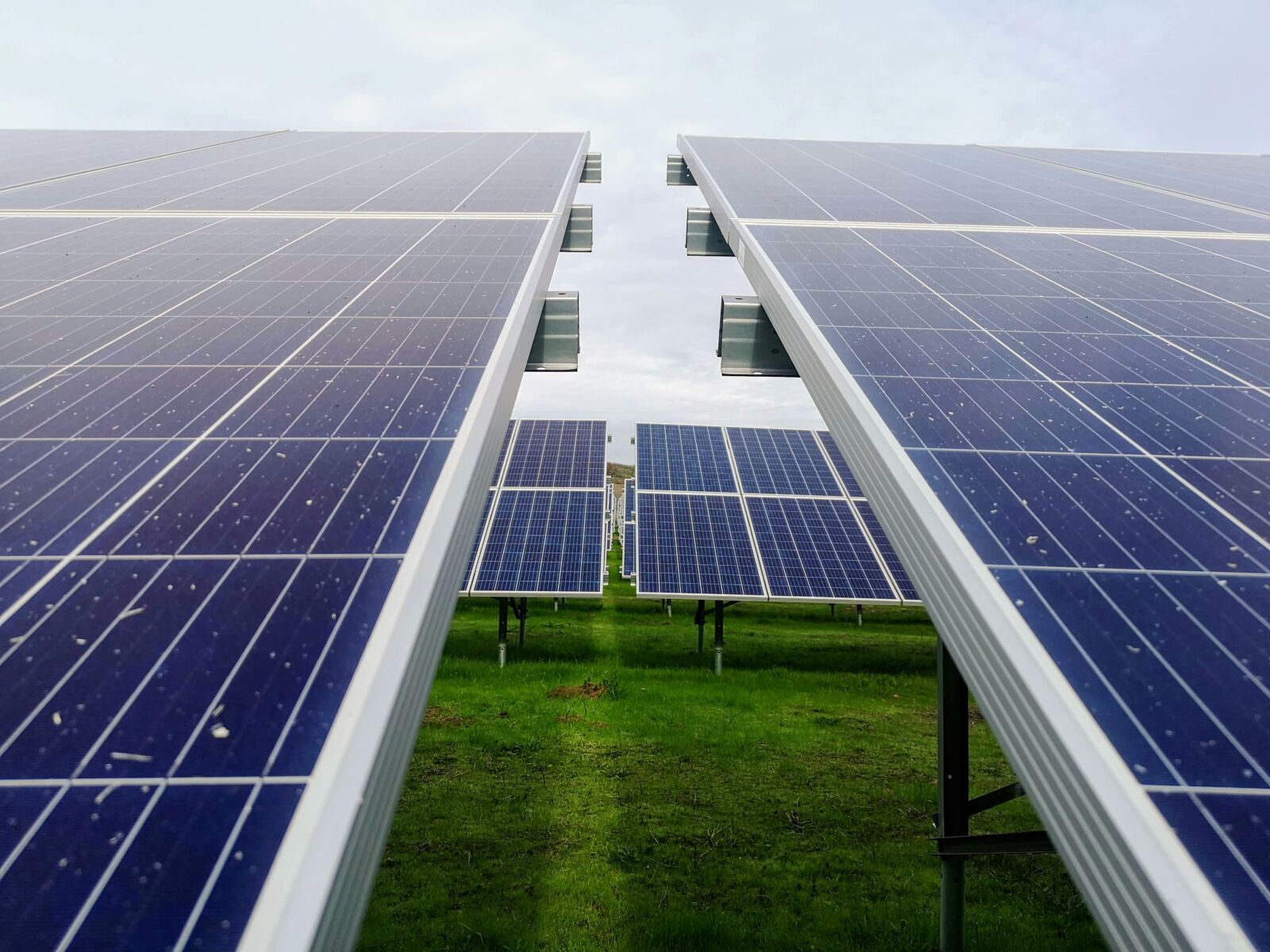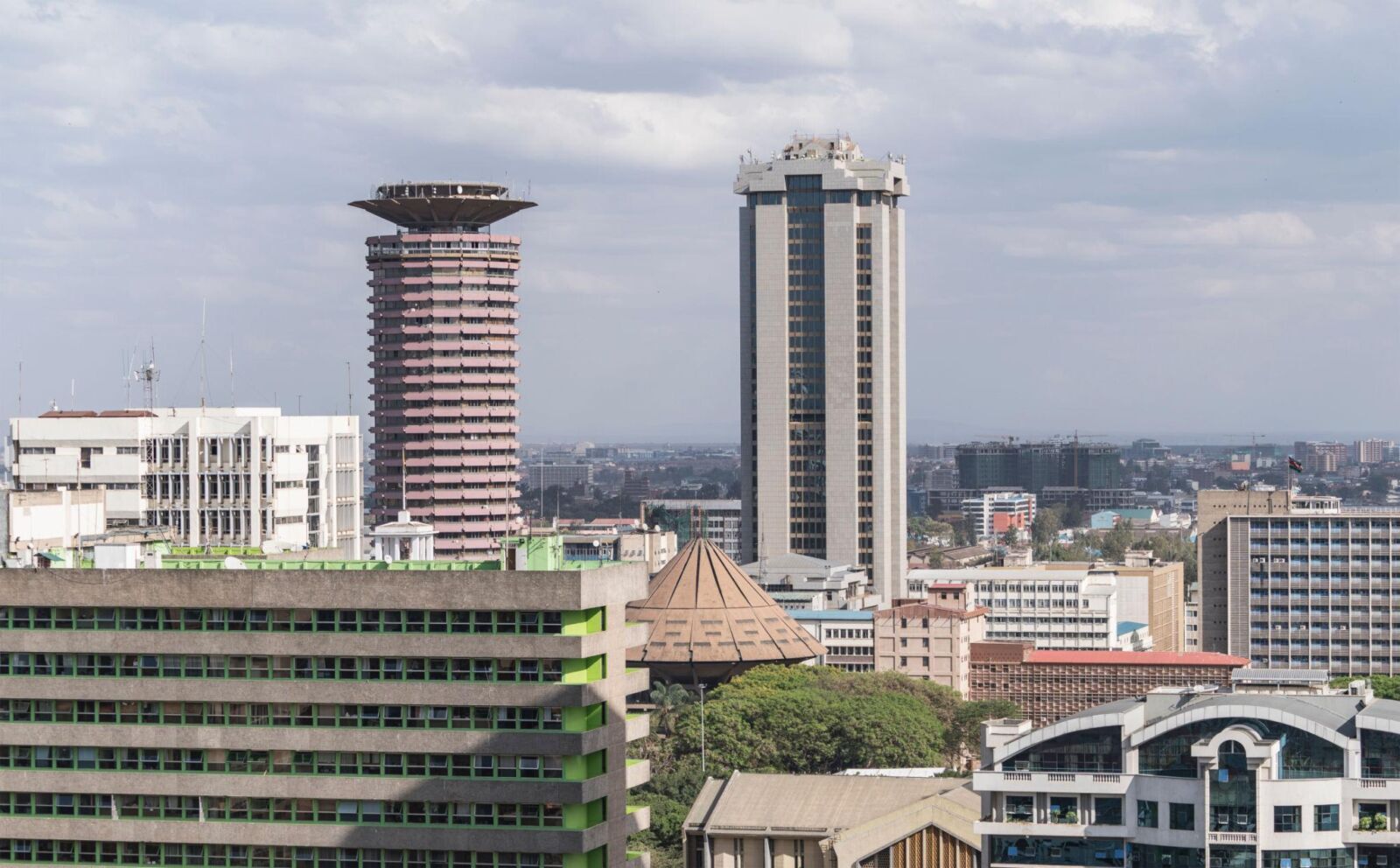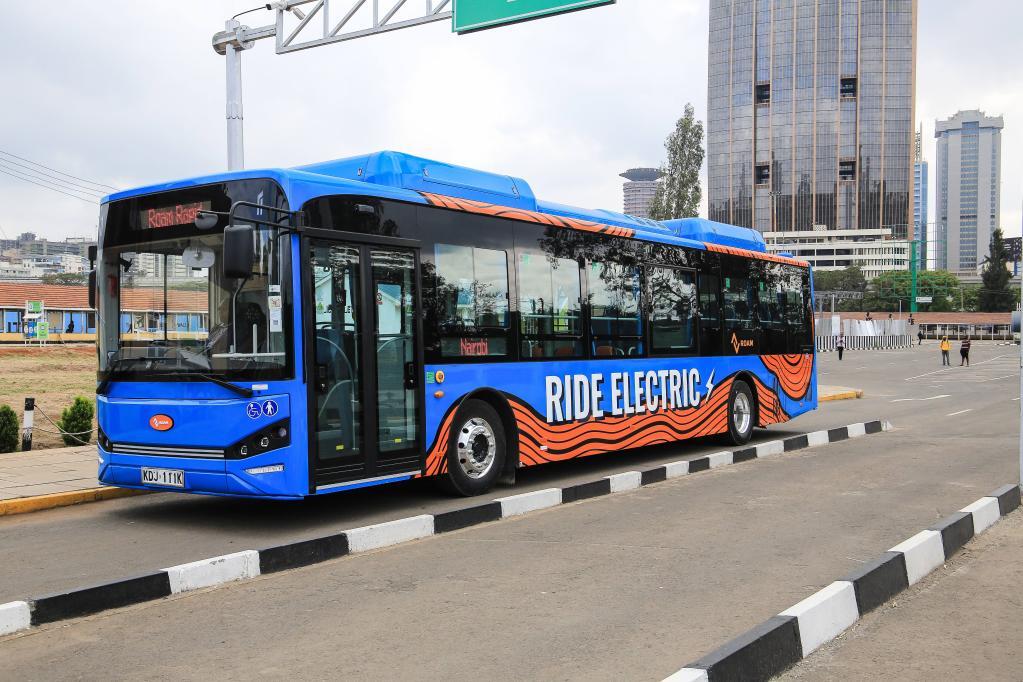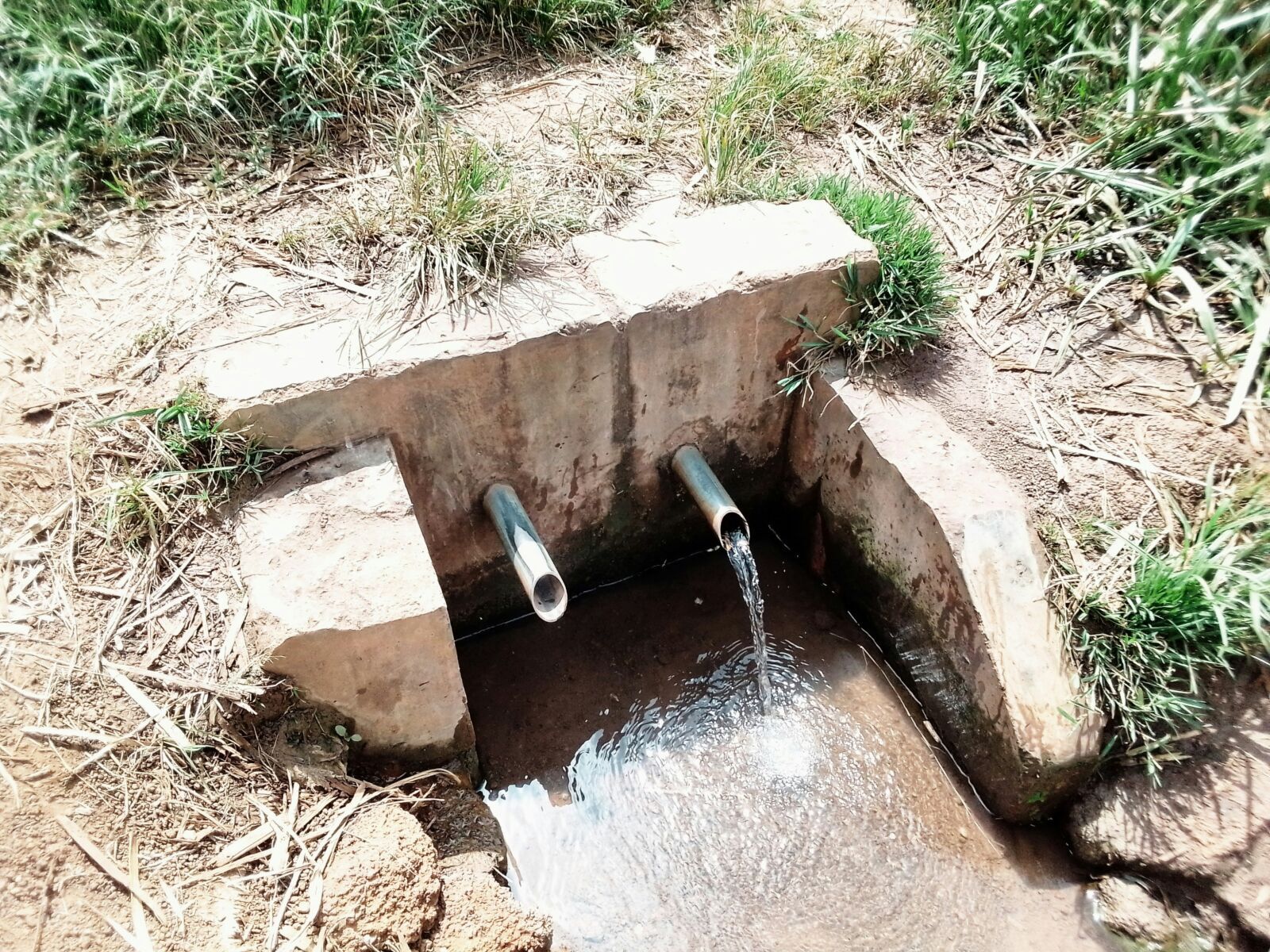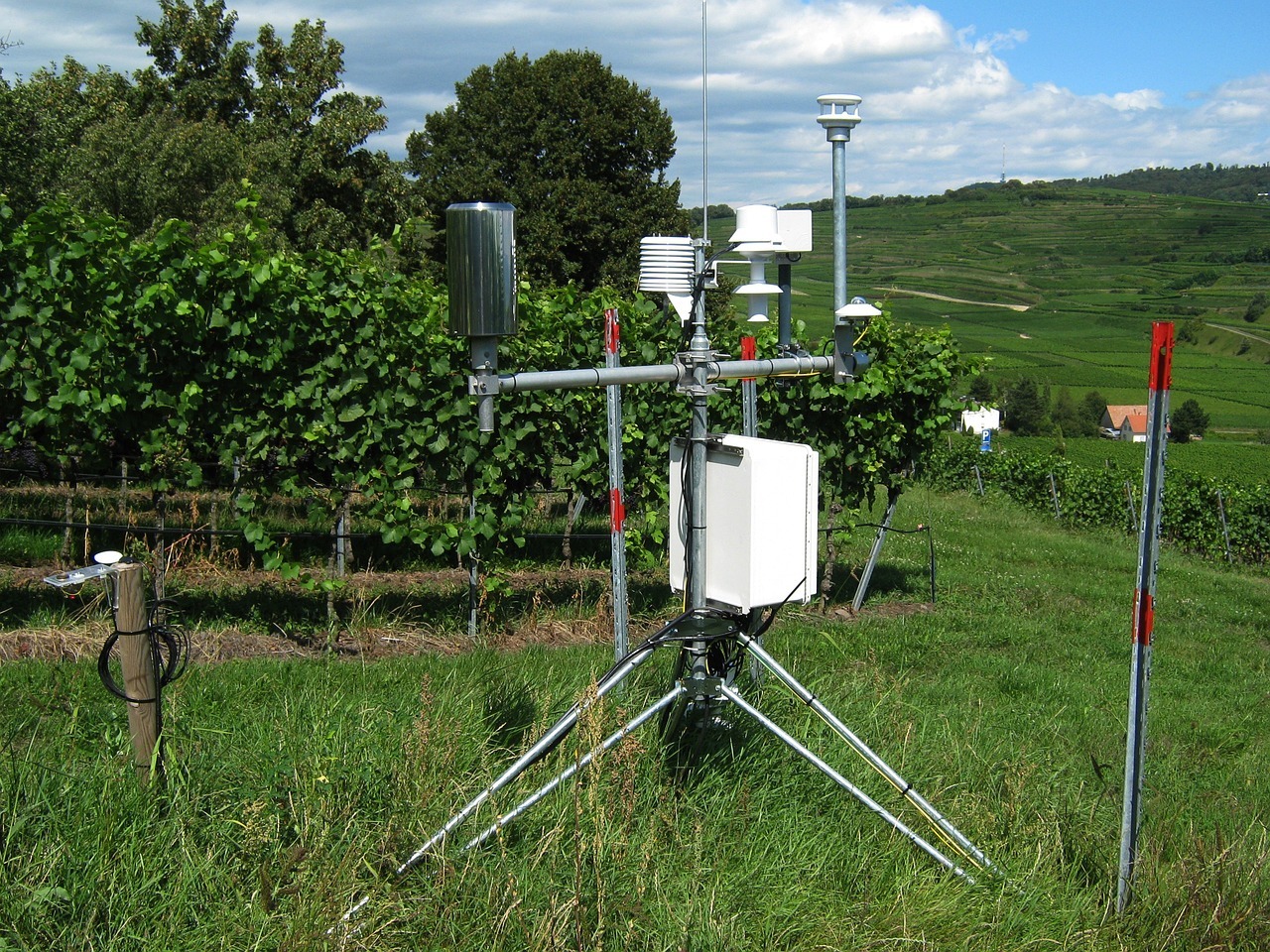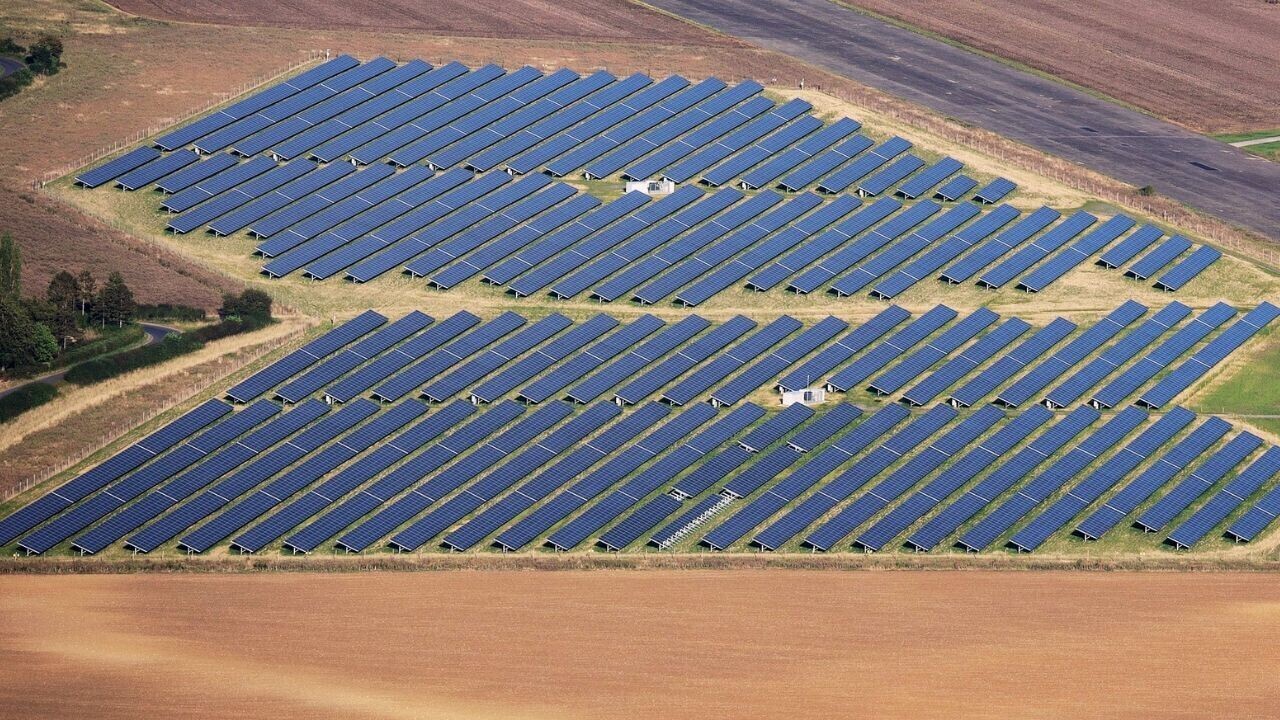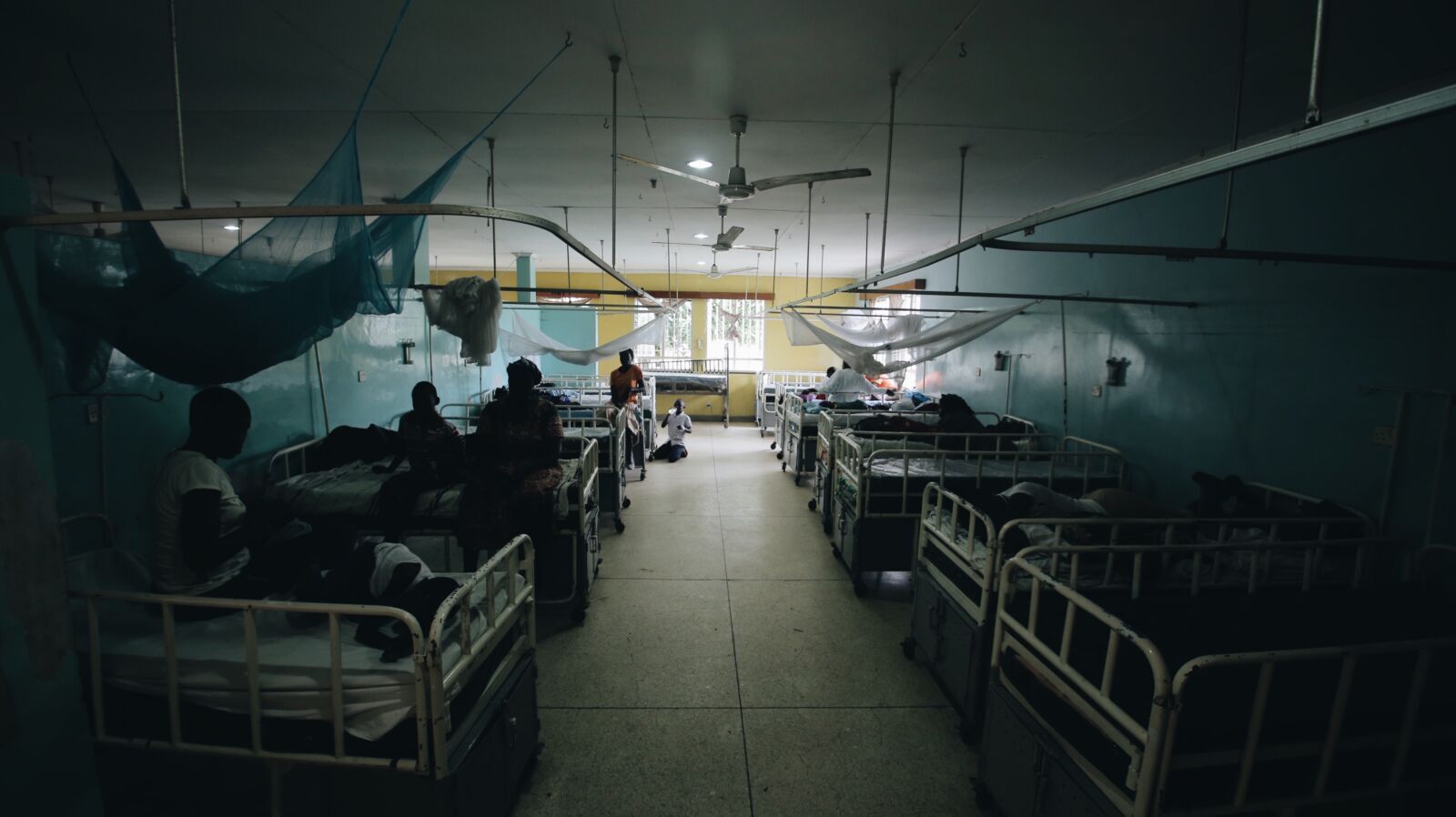The Sustainable Table Series (STS) convenes Africa's top sustainability leaders, merging state policy, regulatory guidance, corporate innovation, and environmental stewardship.
This year's edition, under the theme "Sustainability in Action," united the Lagos State Government, IHS Towers, and NESREA, underscoring how diverse partnerships can accelerate climate action, drive policy, and catalyse real progress toward the SDGs.
Building Africa's Future on Shared Sustainability
As Africa confronts continued rising climate threats and rapid population growth, the push for inclusive, homegrown sustainability solutions is gaining new urgency.
At the ninth Sustainability Thought Series (STS) convened by Labake Ajiboye-Richards, Principal Consultant AR Initiatives, leaders from government, business, and regulatory sectors tackled the continent's defining challenge: how to scale local solutions, unlock domestic capital, and position Africa as a global sustainability powerhouse by 2030.
The Lagos State Governor reaffirmed political will for SDG alignment, NESREA underscored national regulatory strength, and IHS Towers showcased innovation in resilient infrastructure.
Together, they outlined a blueprint for future-ready African cities, driven by shared ambition, accountability, and action that delivers measurable change.
Africa's Sustainability Inflection Point
Africa's communities are on the frontlines of climate shocks but also hold unique innovation capacity. Climate adaptation could cost up to $50 billion annually by 2030, yet over 70% of finance remains externally driven. The time for home-grown urgency, local capital mobilisation, and catalytic partnerships must kick off immediately.
| Metric | Value/Example |
|---|---|
| Climate adaptation needs | $50bn/year by 2030 |
| Dom. climate finance share | <30% |
| SDG achievement gap | Halfway to 2030, a significant lag |
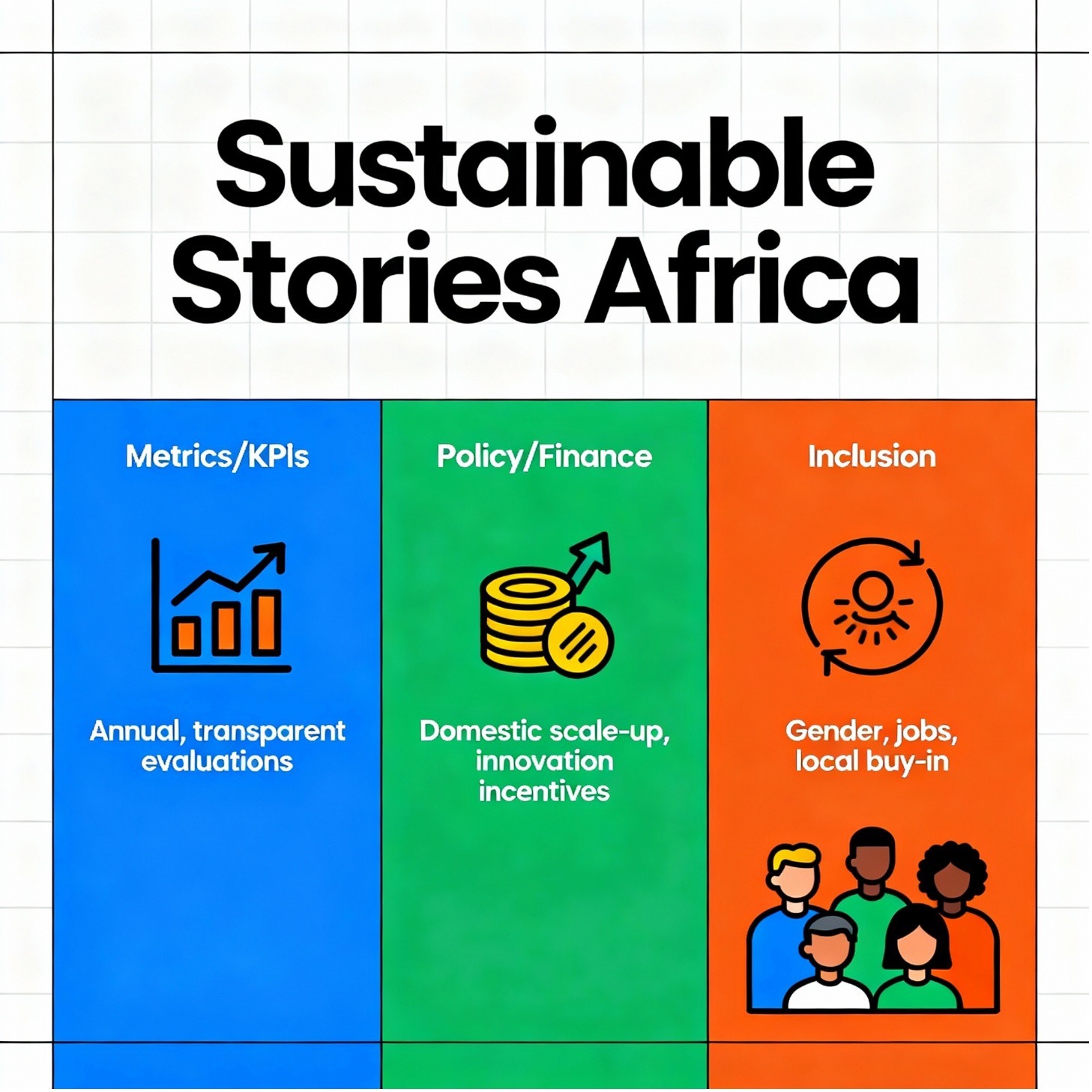
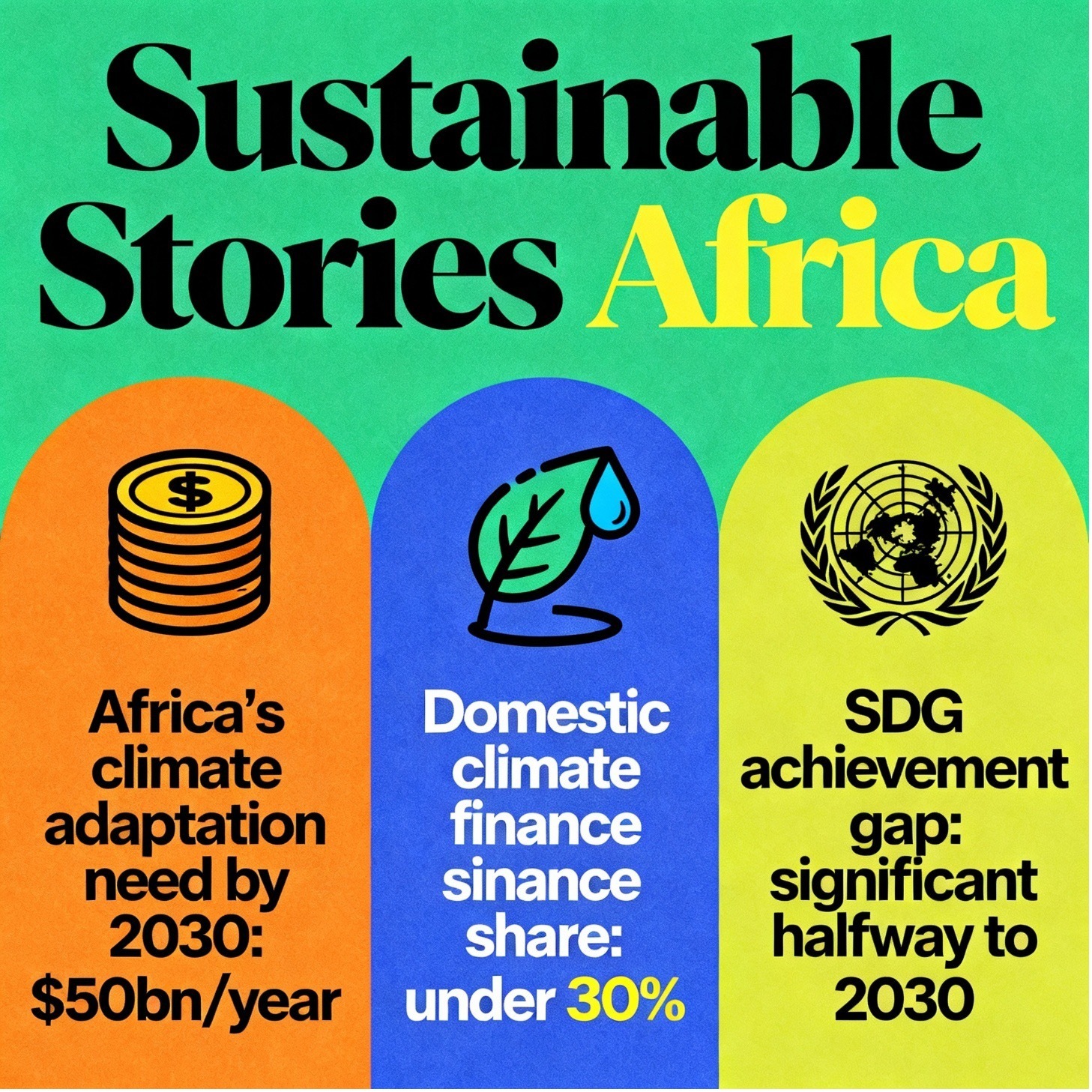
Partnerships Powering Impact
STS amplifies dialogue, but also cross-sector solutions:
- Lagos leverages the SDGs Office to tie policy to community action. Blue/Red Rail, solar projects, and climate-smart agriculture are real responses to its 30 million residents' needs.
- NESREA's regulatory agenda focuses on SDGs 12–15 (responsible consumption, climate protection, life below water, life on land): advancing circularity, pollution control, and biodiversity.
- IHS Towers invests in renewable energy, e-waste solutions, and infrastructure, citing a 50 million litre reduction in the use of fossil fuel (Diesel) and has coverted to over 4,000 solar powered sites.
| Initiative | Lead Partner | Tangible Impact |
|---|---|---|
| Blue/Red Rail, solar projects | Lagos State | Urban mobility, clean energy |
| EPR, waste regulations | NESREA | Circularity, biodiversity |
| Hybrid telecom towers, e-waste | IHS Towers | Lower emissions, green jobs |
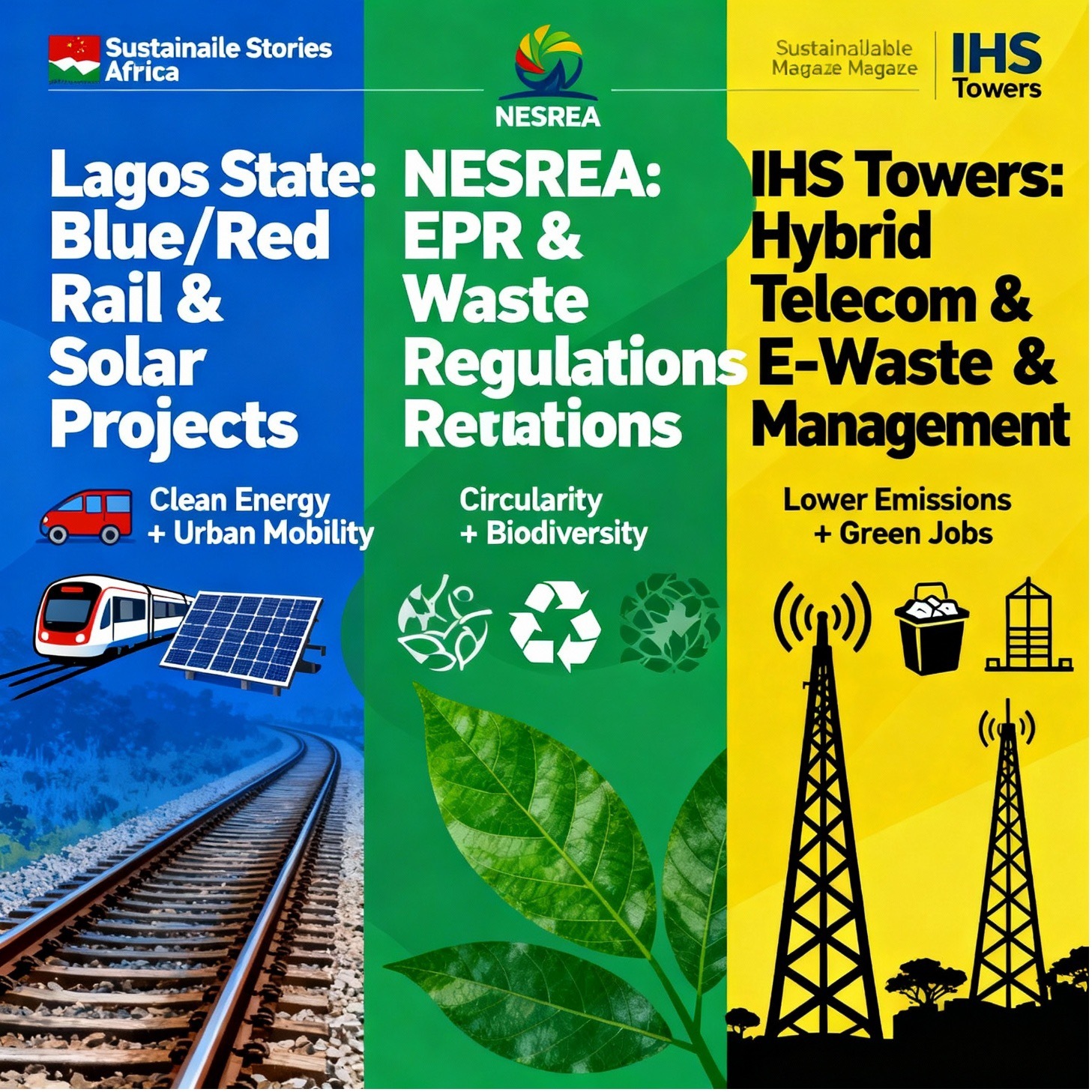
Inclusive Innovation Drives Progress
The STS's collaborative approach is more than policy. It is a platform for inclusive innovation and capacity-building.
Impact-driven enterprises drive circular economies, sustainable food, and digital transformation from Lagos to Nairobi.
Gender lens programs, insurance for vulnerable communities, and regional cooperation are yielding new economic multipliers.
| Area | Key Example/Value |
|---|---|
| Food Security | Lagos Food System Transformation |
| Human Capital | Eco Excel (education), Ilera Eco (healthcare) |
| Employment | Women's Financial Inclusion, Job funds |
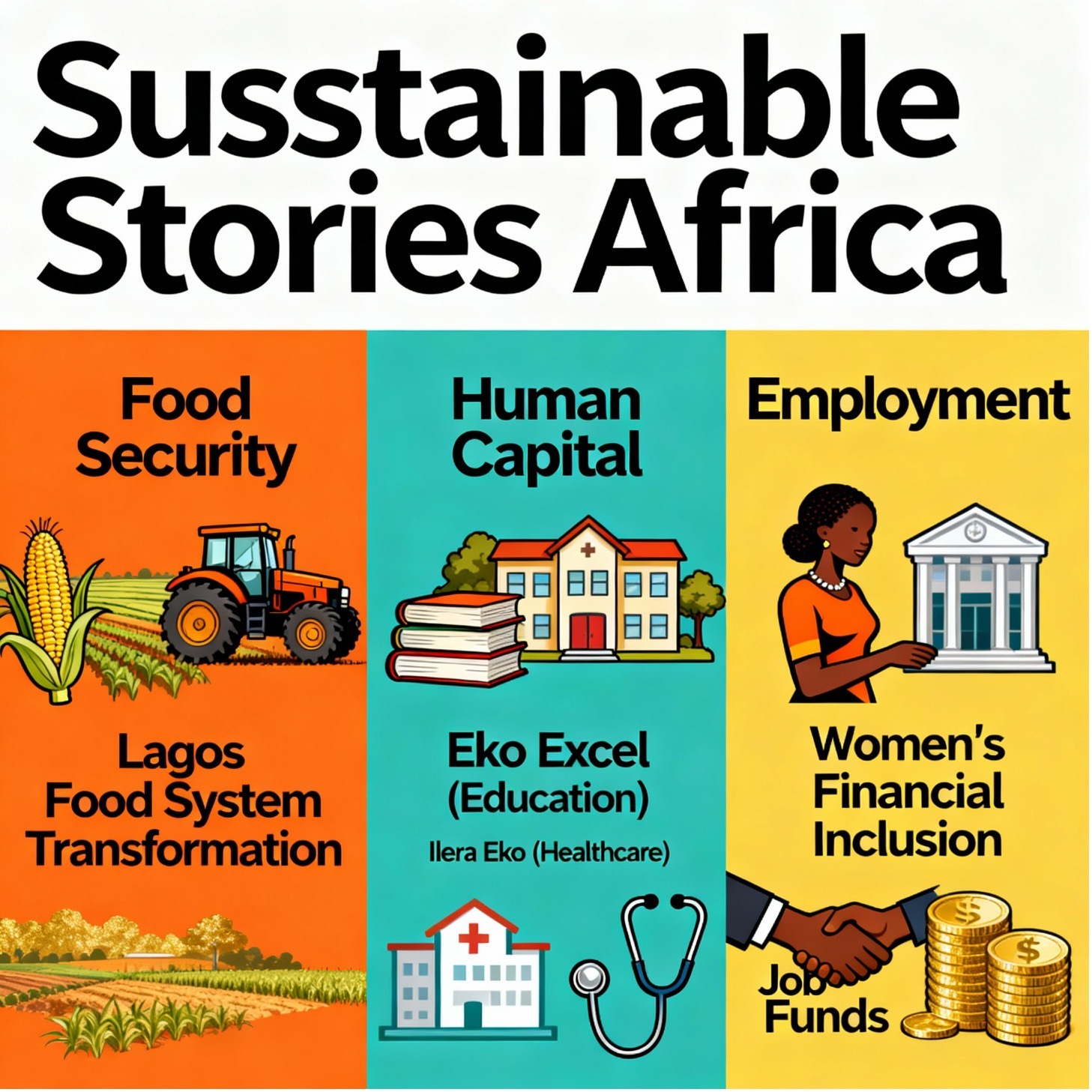
Scaling and Institutionalising Collaboration
Concrete collaboration powers delivery:
- The STS and its partners (Lagos, NESREA, IHS Towers) bridge public/private divides and champion measurable progress.
- New regulations, impact reports, training (over 1,500 on e-waste), and cross-sector pilots set a template.
- The path to COP30: translate ambition into actionable projects via local funding, policy, tech, and social innovation.
Path Forward – Defining Africa's Generational Sustainability
Legacy is measured by impact. Lagos' 2052 development plan, NESREA's circular economy agenda, and IHS Towers' renewables roadmap outline clear next steps: formal metrics, annual progress reviews, and policies centred on community benefits.
This shared commitment empowers Africa's sustainability agenda to drive a generational transformation, thereby ensuring inclusive progress that leaves no one behind by 2030.
| Priority | Future Action |
|---|---|
| Metrics/KPIs | Annual, transparent evaluations |
| Policy/Finance | Scale domestically, incentivize innovation |
| Inclusion | Gender, jobs, local buy-in |

